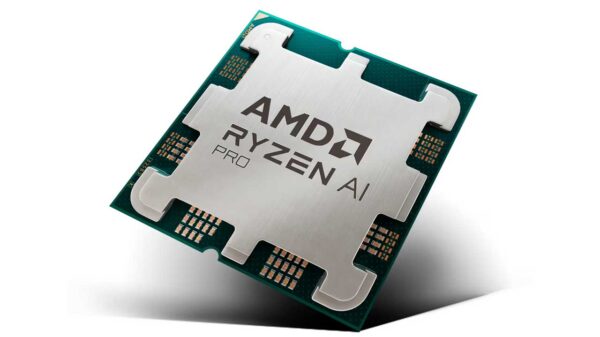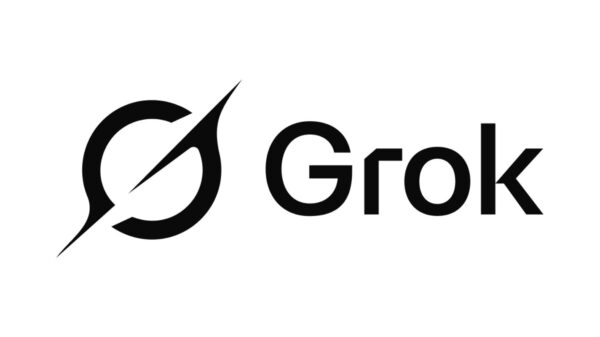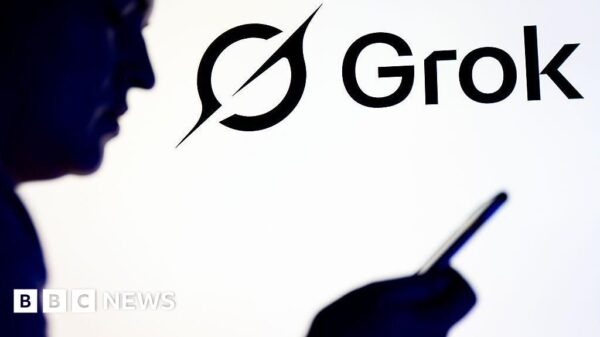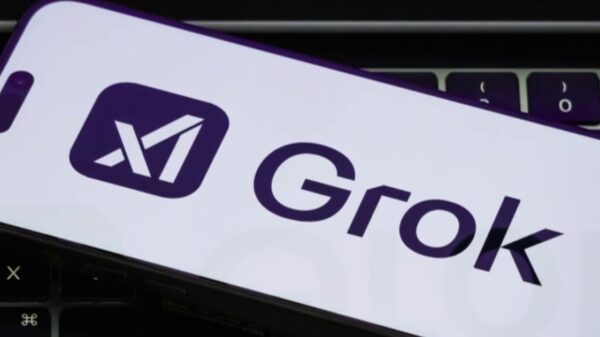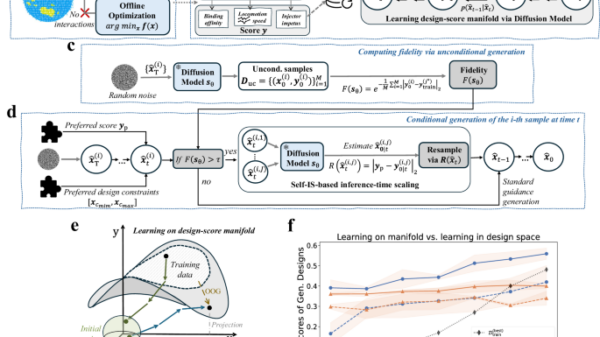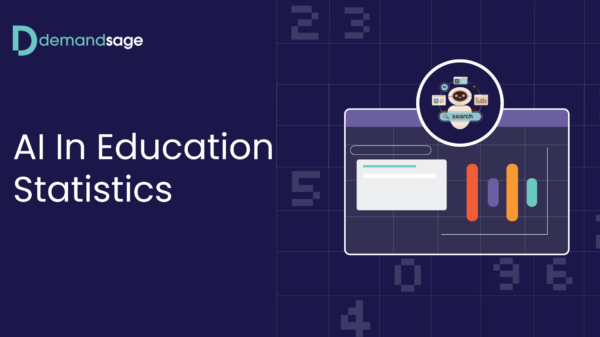Microsoft is making a concerted push to persuade users to upgrade to Windows 11 by showcasing its ambitious integration of AI technologies. The tech giant’s vision, articulated by Navjot Virk, corporate vice president of Windows experiences, envisions transforming the operating system into a “canvas for AI”—a concept that includes evolving it into what Microsoft describes as an “agentic OS.”
Unlike previous iterations, the new Windows 11 aims to incorporate AI agents accessible directly from the taskbar, a prime piece of user interface real estate. These agents are designed to perform tasks such as background research and file access, enhancing user productivity in novel ways. “You can hover on the taskbar icon at any time to see what the agent is doing,” Virk explained during an interview with The Verge.
Despite this ambitious vision, user sentiment appears to lean toward skepticism. Feedback from various online forums, including r/technology and r/Windows11, indicates a growing frustration among existing Windows users. One user even asked, “Great, how do I disable literally all of it?” while another suggested searching for alternatives like Linux.
Microsoft is not just making incremental changes; it has placed the icon for its Copilot AI assistant prominently at the center of the taskbar. Additionally, the Windows File Explorer will integrate with Copilot, allowing users to execute commands like summarizing documents with a simple right-click. This integration highlights a major shift in design philosophy, with a focus on user interaction with AI through voice commands. Yusuf Mehdi, executive vice president and consumer chief marketing officer at Microsoft, stated, “You should be able to talk to your PC, have it understand you, and then be able to have magic happen from that.”
However, concerns have arisen regarding potential invasiveness. The File Explorer integration allows third-party AI applications to access user files, and a feature named Copilot Vision enables the AI to analyze desktop activities to offer context-based suggestions. Looking ahead, the Copilot Actions feature will permit the AI to execute tasks based on the insights it gathers. This has raised red flags among users, particularly given Microsoft’s history with data mishandling, such as its AI-powered Recall feature that inadvertently captured sensitive information.
Many users are understandably cautious about these new features, especially when the AI capabilities seem to have underwhelmed in practical tests. A review by Antonio G. Di Benedetto at The Verge noted that after a week of using Microsoft’s “agentic OS,” the system “failed at everything I asked it to do.” This sentiment underscores a disconnect between Microsoft’s ambitious AI goals and the actual user experience.
As Microsoft continues to roll out these features, it remains to be seen whether they will resonate positively with users or if they will provoke further backlash. The challenge lies in balancing innovation with user comfort, a crucial aspect of any successful operating system overhaul.
See also India’s AI Ecosystem Poised for Growth with $15B Investments, Capacity-First Strategy
India’s AI Ecosystem Poised for Growth with $15B Investments, Capacity-First Strategy Google Aims to Double AI Serving Capacity Every Six Months Amid Rising Demand
Google Aims to Double AI Serving Capacity Every Six Months Amid Rising Demand PayPal Stock Soars 4.3% on AI-Driven Commerce Partnership Amid Fed Rate Cut Hopes
PayPal Stock Soars 4.3% on AI-Driven Commerce Partnership Amid Fed Rate Cut Hopes Microsoft Replaces BSOD with Black Screen, Launches Auto-Hide Feature for Public Displays
Microsoft Replaces BSOD with Black Screen, Launches Auto-Hide Feature for Public Displays AI Revolutionizes Global Communication: Flitto’s Simon Lee Highlights Urgent Industry Shifts
AI Revolutionizes Global Communication: Flitto’s Simon Lee Highlights Urgent Industry Shifts














